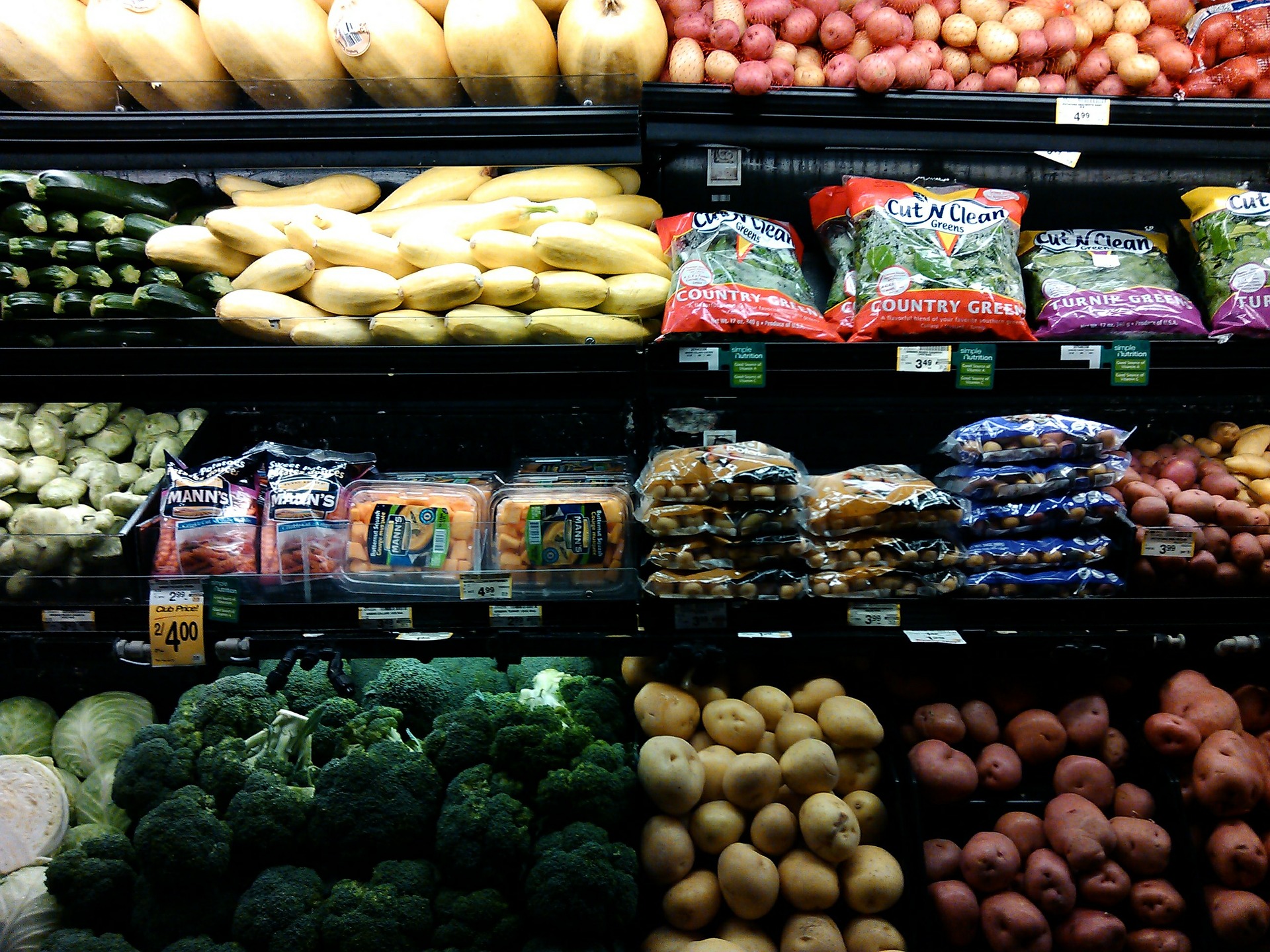An Era of De-cycling
Facing the consequences of our consumption.

Just to set the record straight: China doesn’t want your plastic wrap. Or those old newspapers and magazines you’ve been collecting for years.
This might pose a bit of a problem. For years, recycling in the Western world has been based on the idea that we can simply stuff our dirty plastic, obsolete electronics, and broken toys into a shipping container, and send it to the other side of the world. Until now, the trans-Pacific “re”-trade has been big business: in recent years, North America has shipped almost two-thirds of its recyclables to China; in 2016, the value of the American portion of that total was $5.6-billion. It was what the consultants call a win-win: we got paid for our trash, while the Chinese got a new employable industry, along with a cheap source of raw material for the manufacturing of electronics, toys, and whatever else the West had a use for.
Last year, the People’s Republic decided to stop being the world’s recycling depot, restricting imports of 24 different types of recyclables—plastics, unsorted paper, waste textiles, a variety of heavy metals, etc.—under its National Sword policy. Going forward, contamination levels cannot exceed 0.5 per cent of any of the restricted products, thereby disqualifying that plastic bottle with the metal lid, or that pizza box with that bit of cheese still stuck to it. India followed suit in March of this year, putting an end to waste plastic imports and setting an ambitious goal of phasing out single-use plastics within three years.
Other Asian nations, such as Vietnam and Thailand, may see an opportunity to cash in on the trash. In the meantime, cities on this side of the Pacific are feeling the pinch. Calgary is simply piling up its unsalable plastics and waste paper. Halifax has obtained permission to bury some 300 tonnes of its thin film plastic in a landfill outside the province. Philadelphia is throwing its paper, plastic, and other recyclables into giant incinerators. Some municipalities are cancelling recycling programs altogether in response to the higher costs. Others, such as Peel, Ontario, are pulling out their wallets in an attempt to purify recycling streams and bring them up to the new Chinese standard.
Maybe the news isn’t all bad. North Americans are finally facing up to the consequences of our consumption. Perhaps this global de-cycling is the start of a new cycle of environmental awareness, and the big clean-up overseas can help us finally clean up our own act.
_________
Never miss a story. Sign up for NUVO’s weekly newsletter, here.








